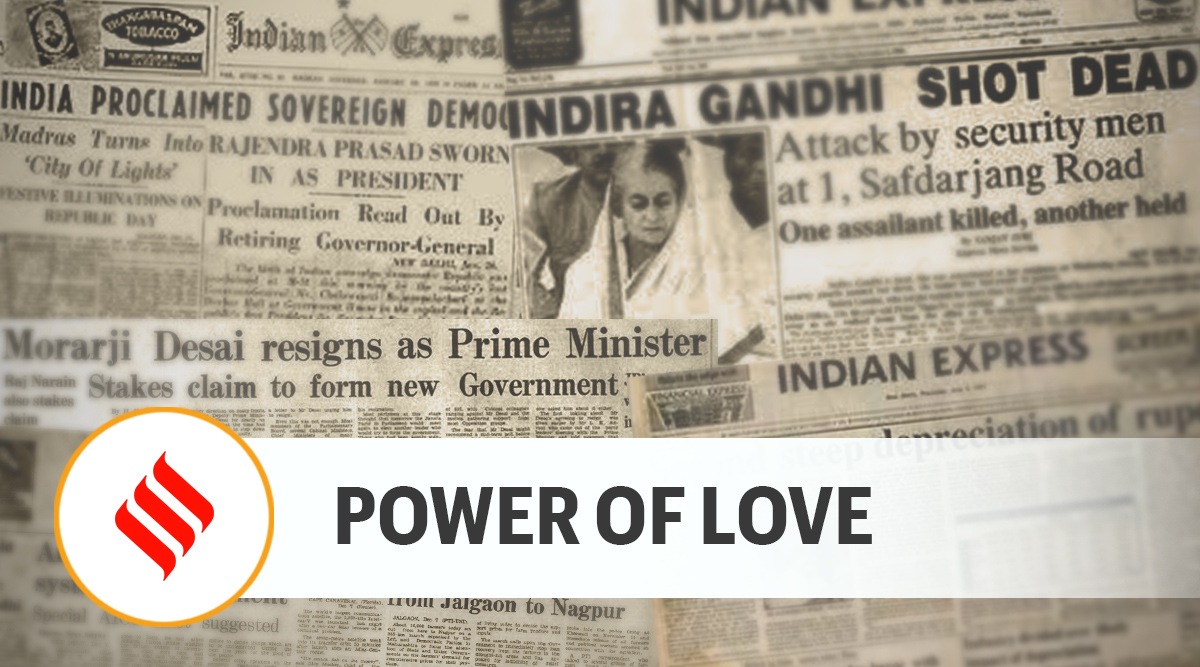Opinion With her ‘ethic of love’ and ideas about intersectionality, bell hooks changed how oppression is understood
🔴 Today, hooks’s “ethic of love” as well as her intersectional understanding of injustice are accepted wisdom — much of that is because of the enormous impact of her work. Yet, in no way have these ideas lost power or relevance.
 bell hooks, who died aged 69 on December 15, was many things — writer, poet, teacher, activist.
bell hooks, who died aged 69 on December 15, was many things — writer, poet, teacher, activist. In the preface to the 2014 reissue of her classic text Ain’t I a Woman? Black Women and Feminism, bell hooks, who styled her name in lower case letters to keep the attention on her ideas, wrote of imagining her mother as her ideal reader. This led her to develop a jargon-free prose style that made her work accessible to all her readers. This was necessary, because the ideas hooks articulated were complex, challenging long-held pieties about the nature of power, social and economic hierarchies, and the role of activism and reform, not only within the women’s movement, but movements led by the marginalised everywhere. She rejected the idea that different kinds of injustice existed in isolation from each other and argued that to address one, it is necessary to tackle the others.
hooks, who died aged 69 on December 15, was many things — writer, poet, teacher, activist. But it is as a theorist of love that she may have had the most profound impact. She encountered love as more than just a romantic notion, as a transformative, healing power, during her spiritual journey as a “Christian Buddhist”. It was this power of love, she said, that could most effectively end oppression.
Today, hooks’s “ethic of love” as well as her intersectional understanding of injustice are accepted wisdom — much of that is because of the enormous impact of her work. Yet, in no way have these ideas lost power or relevance. At a time when social justice is often reduced to slogans used to sell everything from soap and jewellery to electoral promises, reading hooks is like a tonic. Her ideas resist simplification. She muddied the distinction between oppressor and victim, enriching the understanding of oppression itself and challenging the belief that creating a more just world is simply about grabbing a larger share of the pie.
This editorial first appeared in the print edition on December 17, 2021 under the title ‘Power of love’.



